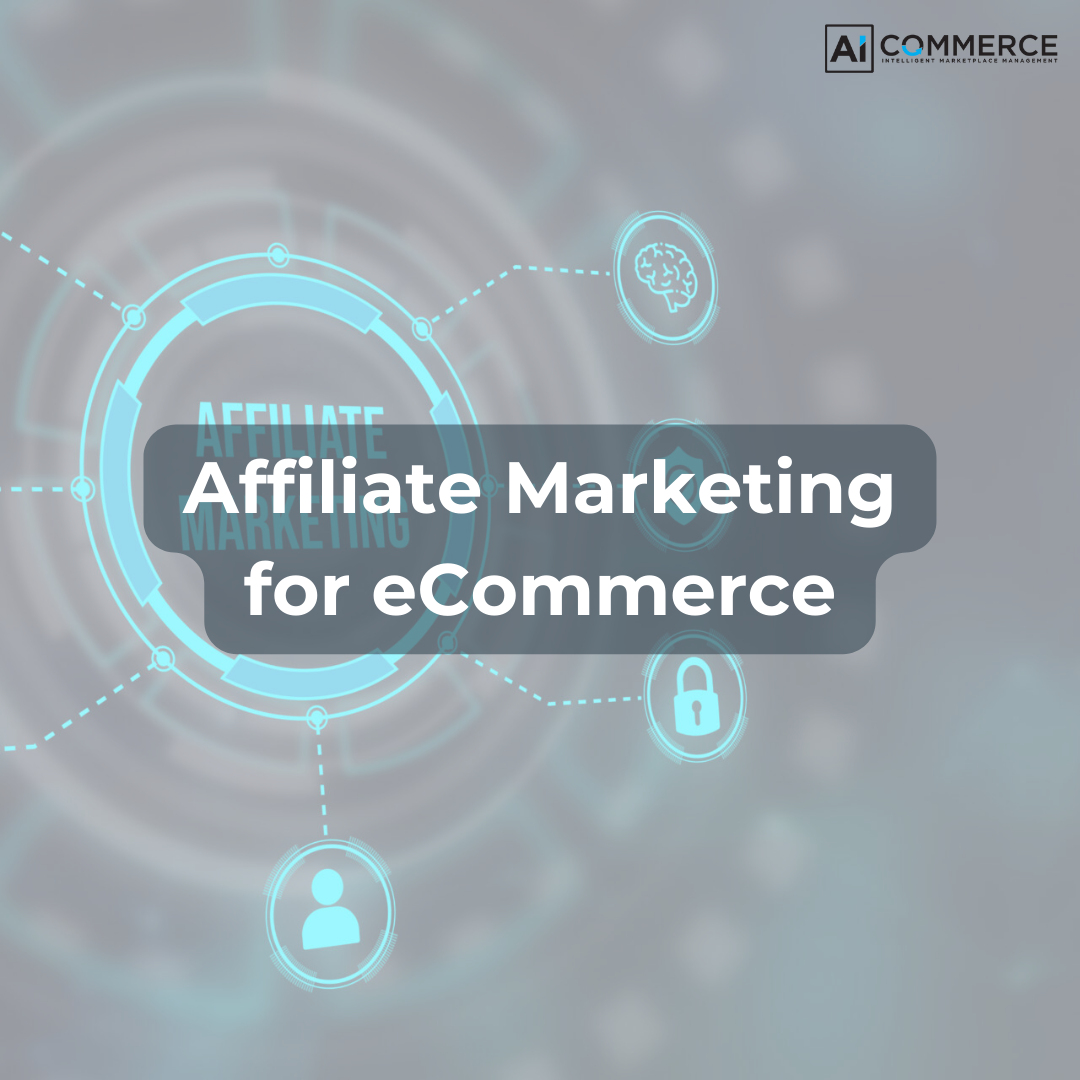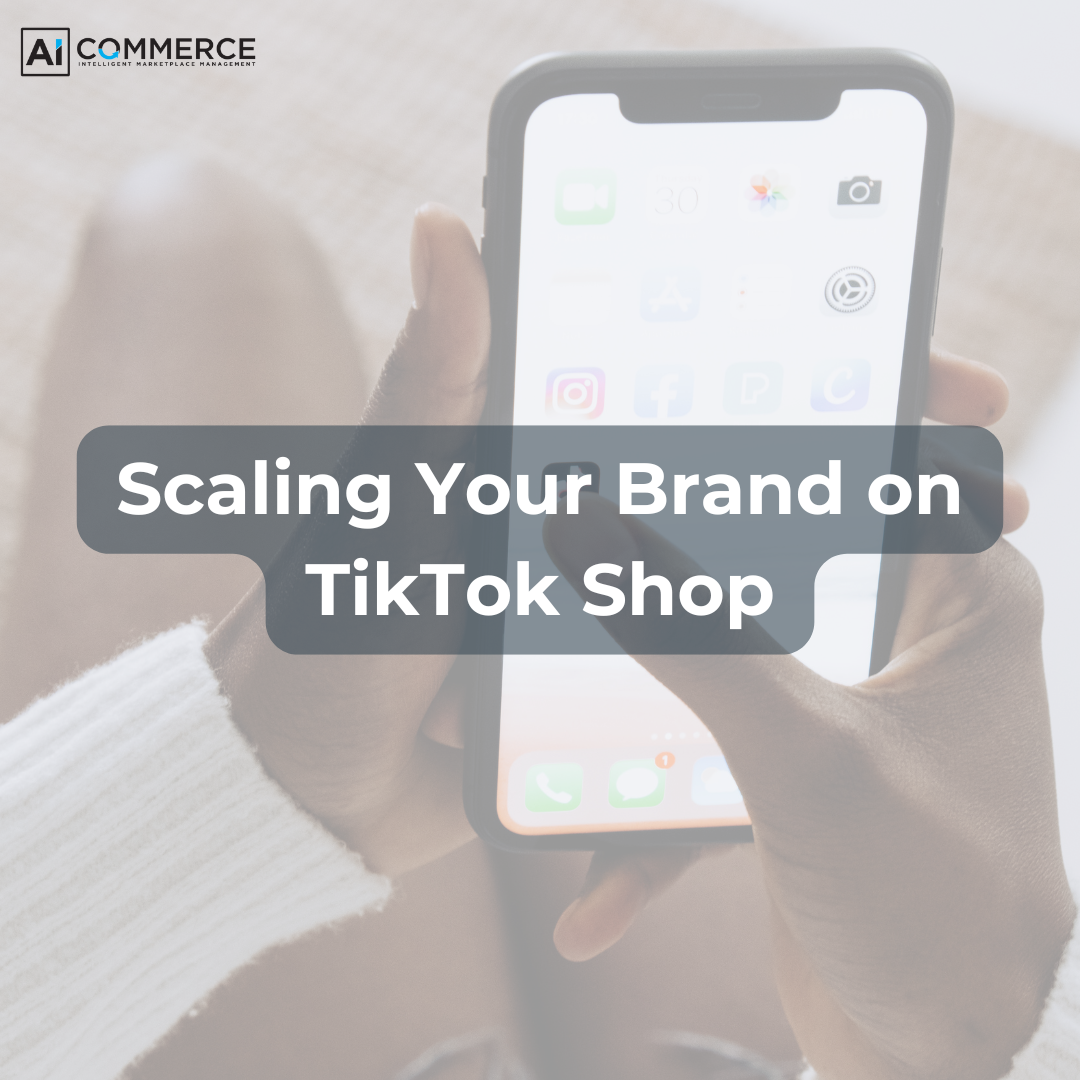Affiliate vs. Influencer Marketing for eCommerce Brands
In the competitive world of eCommerce, businesses must employ innovative marketing strategies to capture the attention of their target audience. Among these strategies, affiliate marketing and influencer marketing have emerged as powerful tools. Both approaches leverage third-party promoters to drive traffic and sales, but they do so in distinct ways.
Understanding Affiliate Marketing
Affiliate marketing is a performance-based marketing strategy where businesses reward affiliates (partners) for driving traffic or sales to their website. Affiliates promote the brand's products or services through various channels, such as blogs, social media, email marketing, or their own websites. In return, they earn a commission for every sale or action generated through their unique referral link.
- Key Components of Affiliate Marketing
- Affiliates: Individuals or companies that promote the brand's products or services.
- Merchants: The eCommerce brands that offer products or services and run the affiliate program.
- Affiliate Networks: Platforms that connect merchants with affiliates, providing tracking, reporting, and payment solutions.
- Commission Structure: The payment model, which can be based on sales (percentage or fixed amount), clicks, or leads.
- Benefits of Affiliate Marketing
- Cost-Effective: Affiliates are only paid when a specific action (such as a sale) is completed, making it a low-risk, high-reward strategy.
- Extended Reach: Affiliates often have established audiences, allowing brands to tap into new customer segments.
- Performance-Based: Since affiliates are compensated based on their performance, they are motivated to optimize their promotional efforts.
- Scalability: Affiliate programs can grow quickly by recruiting more affiliates, expanding the brand's reach without significant upfront costs.
- Challenges of Affiliate Marketing
- Quality Control: Ensuring affiliates represent the brand accurately and positively can be challenging.
- Tracking and Attribution: Properly tracking sales and attributing them to the correct affiliate requires robust software solutions.
- Commission Fraud: Some affiliates may engage in unethical practices, such as cookie stuffing, to earn commissions without genuine sales.
- When to Use Affiliate Marketing
- Affiliate marketing is ideal for eCommerce brands looking to scale quickly and cost-effectively. It is particularly effective for:
- Performance-Based Campaigns: When the goal is to drive specific actions, such as sales or sign-ups, with a clear ROI.
- Niche Markets: Reaching niche audiences through specialized affiliates who have authority in specific industries or topics.
- Product Launches: Leveraging affiliates to create buzz and drive initial sales during a product launch.
- Budget Constraints: When the marketing budget is limited, and the brand prefers to pay based on actual performance.
- Affiliate marketing is ideal for eCommerce brands looking to scale quickly and cost-effectively. It is particularly effective for:
- Best Practices for Affiliate Marketing
- Choose the Right Affiliates: Select affiliates who align with your brand values and have a relevant audience.
- Provide Resources: Equip affiliates with high-quality marketing materials, such as banners, links, and product information.
- Monitor Performance: Use tracking software to monitor affiliate performance and ensure accurate attribution of sales.
- Maintain Communication: Keep open lines of communication with affiliates to provide support and address any issues.
- Incentivize Top Performers: Offer additional incentives or bonuses to high-performing affiliates to motivate them further.
Understanding Influencer Marketing
Influencer marketing involves collaborating with individuals who have a significant following on social media platforms, blogs, or other online channels. Influencers create content featuring the brand's products or services, leveraging their authority and relationship with their audience to drive engagement and sales.
- Key Components of Influencer Marketing
- Influencers: Individuals with a large, engaged audience who can influence their followers' purchasing decisions.
- Brands: eCommerce companies that partner with influencers to promote their products or services.
- Campaigns: Specific initiatives where influencers create and share content to promote the brand.
- Compensation Models: Payment can be in the form of flat fees, free products, performance-based commissions, or a combination.
- Benefits of Influencer Marketing
- Authenticity and Trust: Influencers often have a close relationship with their followers, making their endorsements more authentic and trustworthy.
- High Engagement: Influencer content tends to generate high levels of engagement, leading to increased visibility and potential sales.
- Targeted Reach: Brands can choose influencers whose followers match their target audience, ensuring relevant exposure.
- Content Creation: Influencers produce high-quality content that brands can repurpose across their own marketing channels.
- Challenges of Influencer Marketing
- Cost: High-profile influencers can demand substantial fees, making it a significant investment.
- Finding the Right Influencers: Identifying influencers who align with the brand’s values and have an engaged, relevant audience can be time-consuming.
- Measuring ROI: Tracking the direct impact of influencer campaigns on sales can be difficult, especially when influencers are compensated with flat fees.
- When to Use Influencer Marketing
- Influencer marketing is ideal for eCommerce brands aiming to build brand awareness, trust, and engagement. It is particularly effective for:
- Brand Building: When the goal is to enhance brand image and credibility through authentic endorsements.
- Visual Products: Promoting visually appealing products, such as fashion, beauty, or home decor, that benefit from high-quality imagery.
- Targeted Campaigns: Reaching specific demographics or customer segments through influencers with relevant followers.
- Event Promotions: Leveraging influencers to generate buzz and engagement around events, such as product launches, sales, or special campaigns.
- Influencer marketing is ideal for eCommerce brands aiming to build brand awareness, trust, and engagement. It is particularly effective for:
- Best Practices for Influencer Marketing
- Identify the Right Influencers: Look for influencers whose audience matches your target market and who align with your brand values.
- Establish Clear Agreements: Set clear expectations regarding deliverables, timelines, and compensation.
- Collaborate on Content: Work closely with influencers to ensure the content aligns with your brand’s messaging and goals.
- Track Performance: Use unique links, discount codes, or tracking software to measure the impact of influencer campaigns.
- Foster Long-Term Relationships: Build ongoing relationships with influencers to maintain authenticity and consistent brand messaging.
Comparing Affiliate and Influencer Marketing
While both affiliate and influencer marketing aim to drive sales and increase brand awareness, they differ in several key aspects:
- Compensation Models
- Affiliate Marketing: Typically performance-based, with affiliates earning commissions on sales, leads, or clicks.
- Influencer Marketing: Often involves upfront payments or free products, though some influencers may also work on a commission basis.
- Relationship with Audience
- Affiliate Marketing: Affiliates may not have a personal relationship with their audience, focusing instead on SEO and promotional tactics.
- Influencer Marketing: Influencers usually have a strong, personal connection with their followers, leading to higher trust and engagement.
- Content Creation
- Affiliate Marketing: Affiliates create promotional content, but it may not always be as polished or engaging as influencer-generated content.
- Influencer Marketing: Influencers are skilled content creators, producing visually appealing and engaging posts, stories, videos, and blogs.
- Reach and Impact
- Affiliate Marketing: Can generate a broad reach through numerous affiliates, but individual impact may vary.
- Influencer Marketing: Leverages the influencer’s existing following for targeted reach and high-impact endorsements.
- Control and Oversight
- Affiliate Marketing: Brands have limited control over how affiliates promote their products, relying on guidelines and monitoring.
- Influencer Marketing: Brands can collaborate closely with influencers to ensure content aligns with their vision and messaging.
Combining Affiliate and Influencer Marketing
For many eCommerce brands, a combination of affiliate and influencer marketing can yield the best results. By leveraging both strategies, brands can enjoy the benefits of performance-based marketing while also building trust and engagement through influencer partnerships.
- Integrated Strategy Tips
- Segment Your Audience: Use affiliates to reach a broad audience and influencers to target specific segments with high engagement potential.
- Unified Messaging: Ensure consistent messaging across both affiliate and influencer campaigns to reinforce brand identity.
- Cross-Promotions: Encourage affiliates and influencers to collaborate on promotions, such as joint giveaways or discount codes.
- Holistic Tracking: Use comprehensive tracking solutions to measure the performance of both affiliate and influencer campaigns.
- Feedback Loop: Gather feedback from both affiliates and influencers to continuously improve your marketing strategies.
Affiliate and influencer marketing each offer unique advantages for eCommerce brands. Affiliate marketing excels in cost-effectiveness and scalability, making it ideal for performance-based campaigns and niche markets. Influencer marketing, on the other hand, shines in building brand awareness and trust, particularly for visually appealing products and targeted campaigns.
By understanding the strengths and challenges of each approach, eCommerce brands can make informed decisions about which strategy to employ. In many cases, a combination of both affiliate and influencer marketing can provide a balanced, powerful marketing strategy that drives traffic, engagement, and sales.
As the digital landscape continues to evolve, staying agile and leveraging the right mix of marketing strategies will be key to maintaining a competitive edge and achieving long-term success.
More About aiCommerce
aiCommerce is a global digital marketing agency with a focus on retail and eCommerce marketplaces. aiCommerce can help your brand grow across eCommerce channels to gain brand awareness, visibility, and increase sales, all backed by our 90-day guarantee. Now is the perfect time to utilize our eCommerce experts to help grow your business. Click the button below to learn more!




